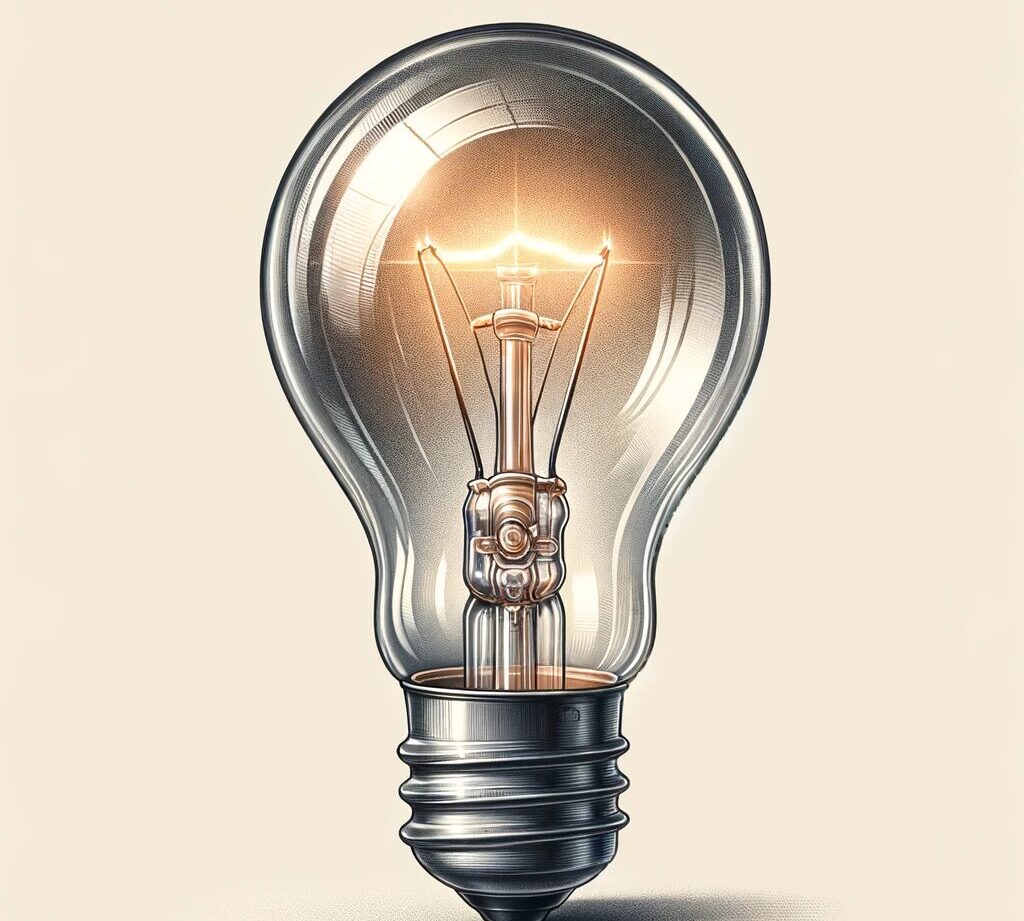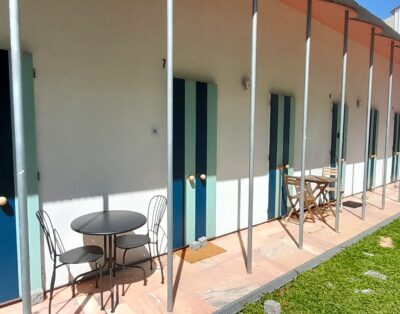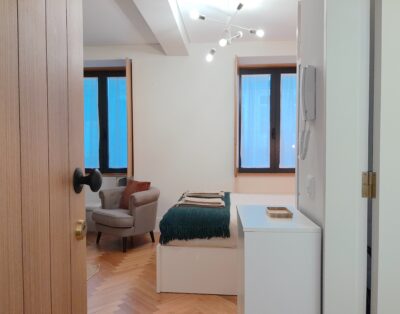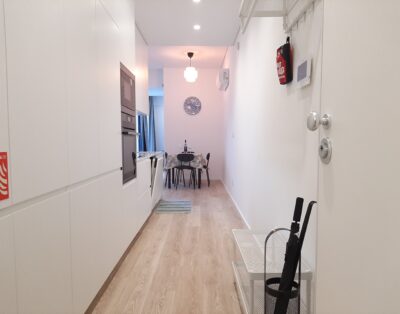Essential Electrical System Checks for Landlords

Maintaining the electrical system in a rental property is vital for tenant safety and the integrity of your property. Regular electrical system checks can prevent potential hazards, such as electrical fires, and ensure that all systems are operating safely and efficiently. This guide provides landlords with essential information on conducting electrical system checks and maintaining electrical safety in their properties.
Understanding Electrical System Checks
Electrical system checks involve inspecting the electrical panels, wiring, outlets, and fixtures to ensure they are in good condition, properly installed, and compliant with current electrical codes. These inspections can help identify issues like outdated wiring, overloaded circuits, or faulty equipment before they become serious problems.
Key Areas to Inspect
- Electrical Panels: Check for signs of overheating, corrosion, or outdated fuse boxes that may need upgrading to circuit breakers. Ensure the panel is easily accessible and not blocked.
- Outlets and Switches: Test all outlets and switches to ensure they are functioning correctly. Look for signs of wear, damage, or unusual heat, which could indicate electrical issues.
- GFCI Outlets: Ensure that Ground Fault Circuit Interrupter (GFCI) outlets are installed in areas with moisture, such as bathrooms, kitchens, and outdoor spaces. Test GFCI outlets monthly to confirm they are working correctly.
- Smoke Detectors: Verify that smoke detectors are installed and functioning in all required areas. Test them regularly and replace batteries as needed.
- Light Fixtures: Inspect light fixtures for proper installation and condition. Ensure that bulbs are the correct wattage to prevent overheating.
Preventive Maintenance Strategies
- Regular Inspection Schedule: Establish a routine schedule for electrical inspections, at least annually, to identify and address issues promptly.
- Professional Inspections: Consider hiring a licensed electrician to conduct thorough inspections, especially for older properties or if major issues are suspected.
- Educate Tenants: Inform tenants about basic electrical safety, such as the dangers of overloading outlets and the importance of reporting electrical problems immediately.
Handling Electrical Repairs
- DIY vs. Professional Repairs: While minor repairs like replacing a damaged outlet cover may be handled by a landlord, most electrical repairs should be performed by a licensed electrician to ensure safety and compliance with local codes.
- Emergency Preparedness: Have a plan in place for responding to electrical emergencies, including having the contact information for a reliable electrician and knowing how to shut off the main power in case of an emergency.
Documentation and Compliance
- Keep Detailed Records: Maintain records of all inspections, repairs, and upgrades. This documentation can be crucial for insurance purposes and verifying compliance with local housing codes.
- Stay Informed: Keep up to date with local building codes and regulations regarding electrical systems to ensure your property remains compliant.
Ensuring Tenant Safety and Property Integrity
Regular electrical system checks are a critical aspect of property maintenance, safeguarding against potential hazards and ensuring a safe living environment for tenants. By adopting a proactive approach to electrical maintenance, landlords can protect their investment and provide a secure and reliable home for their tenants.
Need help managing your property? Contact us here!













